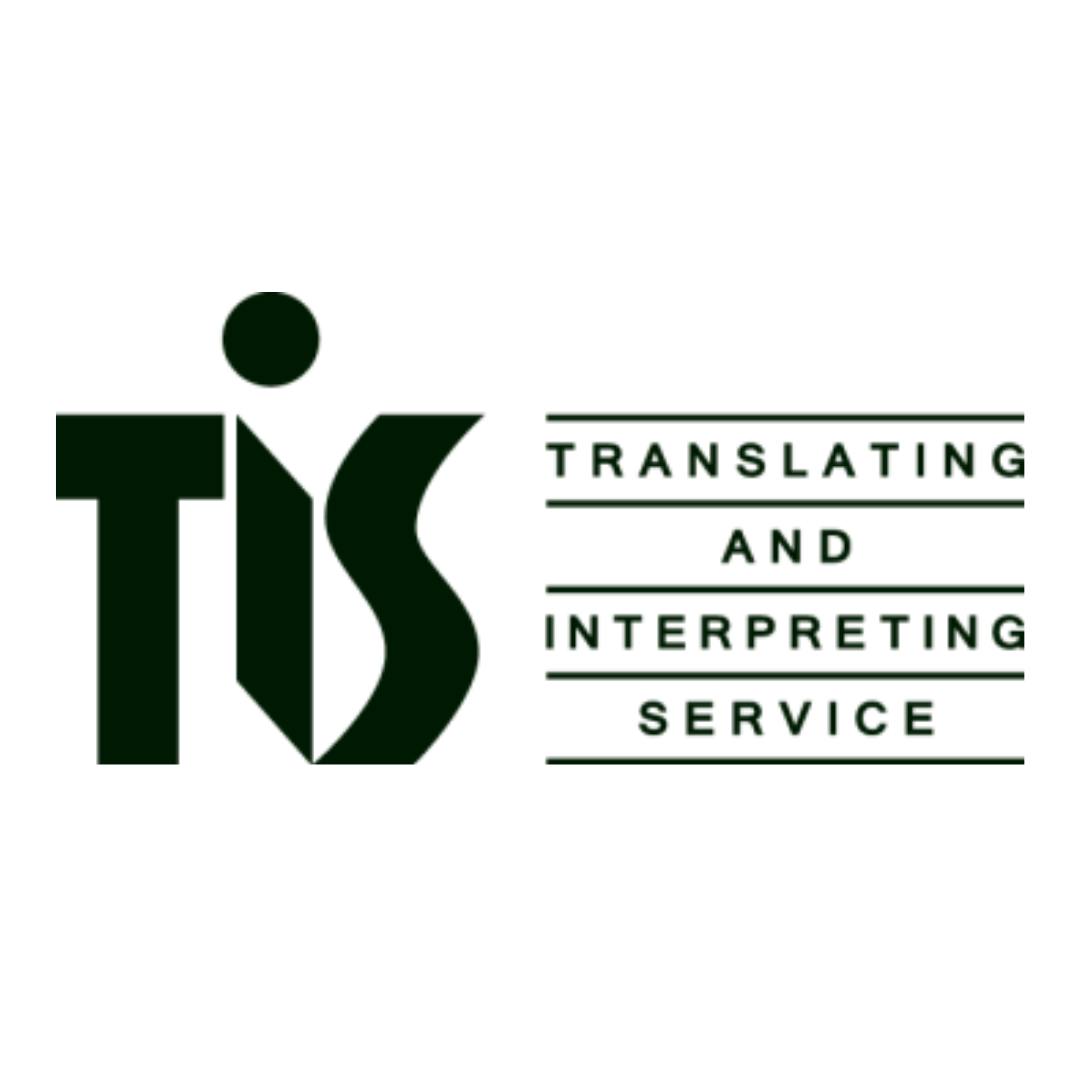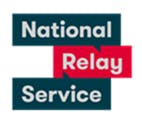Help us review Lime Kiln Bay
Update
Thank you to everyone who took the time to view the project and provide feedback. Consultation is now closed and our project team will review all the feedback received. We will update this page with outcomes shortly.
Lime Kiln Bay Wetlands is a key natural area in Oatley that helps clean stormwater before it flows into the Georges River. Built in 1999, it also provides a quiet space for walking, birdwatching, and enjoying nature.
We are planning to upgrade the wetlands to fix problems like stagnant water, bad smells, and invasive plants. We want your feedback on the proposed changes and how you use the area.
During the consultation period, we asked our community to view our site render, which shows the improvements and changes we are proposing. We also wanted to know:
| Your feedback on the Lime Kiln Bay design render | |
| How you currently use the Lime Kiln Bay Wetlands area | |
| Any suggestions you have about the proposed improvements |
 |
| Site render for Lime Kiln Wetlands. Click or tap to expand. |
Learn more about Lime Kiln Bay and the project
The Lime Kiln Bay Wetlands sit between homes and natural wetlands leading to the Georges River. The area includes walking paths, a fire trail, and bridges connecting to nearby parks. Council manages the space with activities like bush regeneration to protect local plants and animals.
 |  |
 |  |
Over time, issues such as poor water flow, sediment buildup, invasive weeds, and pest turtles have affected the wetlands’ health and visitor experience.
What are the project benefits?
The proposed works will deliver multiple benefits to our community and environment:
Improve water quality entering the Georges River | |
Remove invasive plants to support native wildlife | |
| | Improve wetland pedestrian bridges and paths for safer access |
Replanting and landscaping around the wetlands |
How will the benefits be delivered?
We plan to widen the wetland ponds to improve water flow and upgrade water filters (Gross Pollutant Traps) to catch more sediment and rubbish. We will also be reviewing improvements for the existing pedestrian bridge on the pathway that connects the wetlands to Bay Road and Riley Street.
The fire trial bridge further into the wetlands will also be reviewed for upgrades. This project will also involve removing invasive weeds and planting new to support existing native species.
What is a high flow bypass?
A high flow bypass is a special channel or route that allows excess stormwater to flow around the main wetland during heavy rain. This protects the wetland’s plants and structure by preventing damage from strong flows and stops sediment and pollutants from being stirred up and washed downstream.
What is a GPT (Gross Pollutant Trap)?
Gross Pollutant Trap, or GPT, is a device that captures large rubbish, debris, and sediment from stormwater before it enters the wetland. It acts like a filter, using screens and settling areas to trap things like leaves, plastic, and dirt.

Why might tree removal be required, and will they be replanted?
Some trees may need to be removed to make space for the new wetland design, improve water flow, or rebuild paths and bridges. To balance this, we will plant new native vegetation in other areas of the site, which helps offset the loss, supports local wildlife, and maintains the natural feel of the wetlands.
How can our community be involved?
Our consultation closed 28 July. Thank you to everyone who contributed. We will update this page when we have more to share on the project.
You can still contact us if you have questions by quoting 'SF24/4570' and send your correspondence:
| In person at Georges River Libraries and Customer Experience Centres | |
| email: mail@georgesriver.nsw.gov.au | |
| post: PO Box 205, Hurstville BC NSW 1481 |
Do you need assistance reading and accessing this page?
For a free interpreter call us via the Translating and Interpreting Service (TIS) on 131 450
If you have a hearing or speech impairment, please contact the National Relay Service:
- Voice Relay number: 1300 555 727
- TTY number: 133 677





